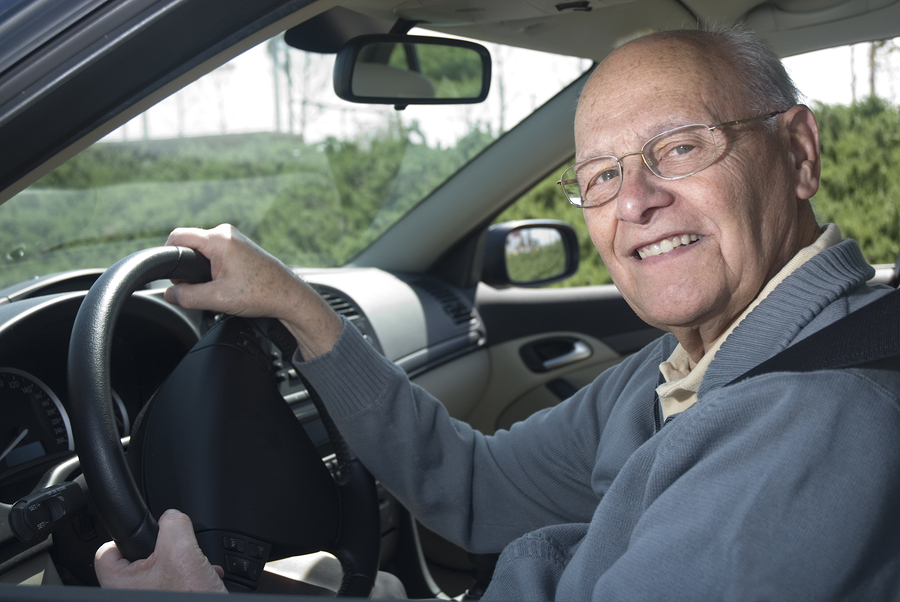Tips for Telling a Senior Parent It’s Time to Stop Driving

In-Home Care in Clark County
One of the hardest discussions you will have with a senior parent is telling them they shouldn’t be driving. It’s easy to understand why a senior would find it difficult to accept they can’t drive safely anymore. For a senior, driving is central to their freedom and independence. But at some point it may become unsafe for your senior loved one to be driving. When it’s time to have that talk with a senior parent, use these tips to make the conversation easier:
Don’t Issue An Ultimatum
Sometimes the dynamic of taking care of a senior parent makes it easy to give them ultimatums. But remember, your senior parent isn’t a child. It’s also not productive to just issue ultimatums, like telling them they can’t drive anymore. A better way to approach the discussion is to say that you have some concerns about their driving that you’d like to discuss. Treat them the way you would want to be treated in that situation.
Have Transportation Alternatives
When discussing transportation with your senior parents, have information about alternatives ready for them to review. This could be in-home care, which includes rides to shopping, appointments, or outings. In-home care providers can also help arrange car shares or ride shares for seniors.
If your city has shuttle transportation for seniors, find out the information you can give to your senior parent. Providing them with information about alternative options can make it easier for them to forego driving. They need to know there are good transportation options, and they won’t lose independence if they stop driving.
Be Sensitive
Remember that this is a big change for your parent, and they may be scared, anxious, and sad. Even if they know they need to stop, it can be hard to accept that they can’t. After all, they have been doing it for most of their lives. Be sensitive to their emotions and be patient with them while opening a dialog about it.
Create A Tapering Off Plan
Don’t expect your senior parent to suddenly quit driving. Instead of making it an all or nothing proposition, suggest they taper off driving. This will give them the chance to still feel secure and independent. They can drive themselves some time, while also exploring transportation alternatives. That way, when they are ready to quit driving completely, they will already feel comfortable using alternatives. They can slowly get used to the idea of not driving anymore.
If you or an aging loved one are considering hiring a professional In-Home Care in Clark County, VA, please contact the caring staff at LivinRite Home Care. Call Us Today at (703) 634-9991. Serving Northern Virginia, The Valley, and Surrounding Communities.
- Five Ways Occupational Therapy Can Help Seniors - April 25, 2025
- Skilled Nursing: Offering Peace of Mind for Seniors Aging in Place - April 8, 2025
- Can Physical Therapy Help Seniors Learn How to Fall Safely? - March 27, 2025
